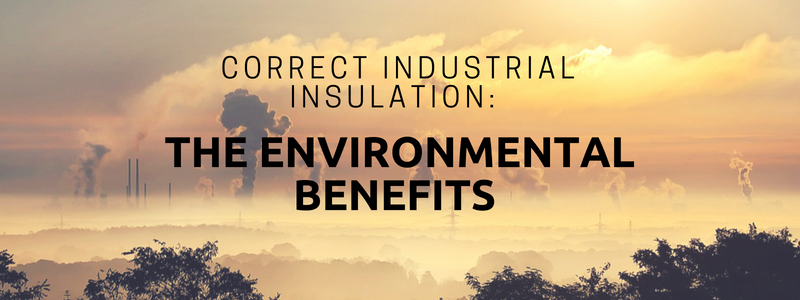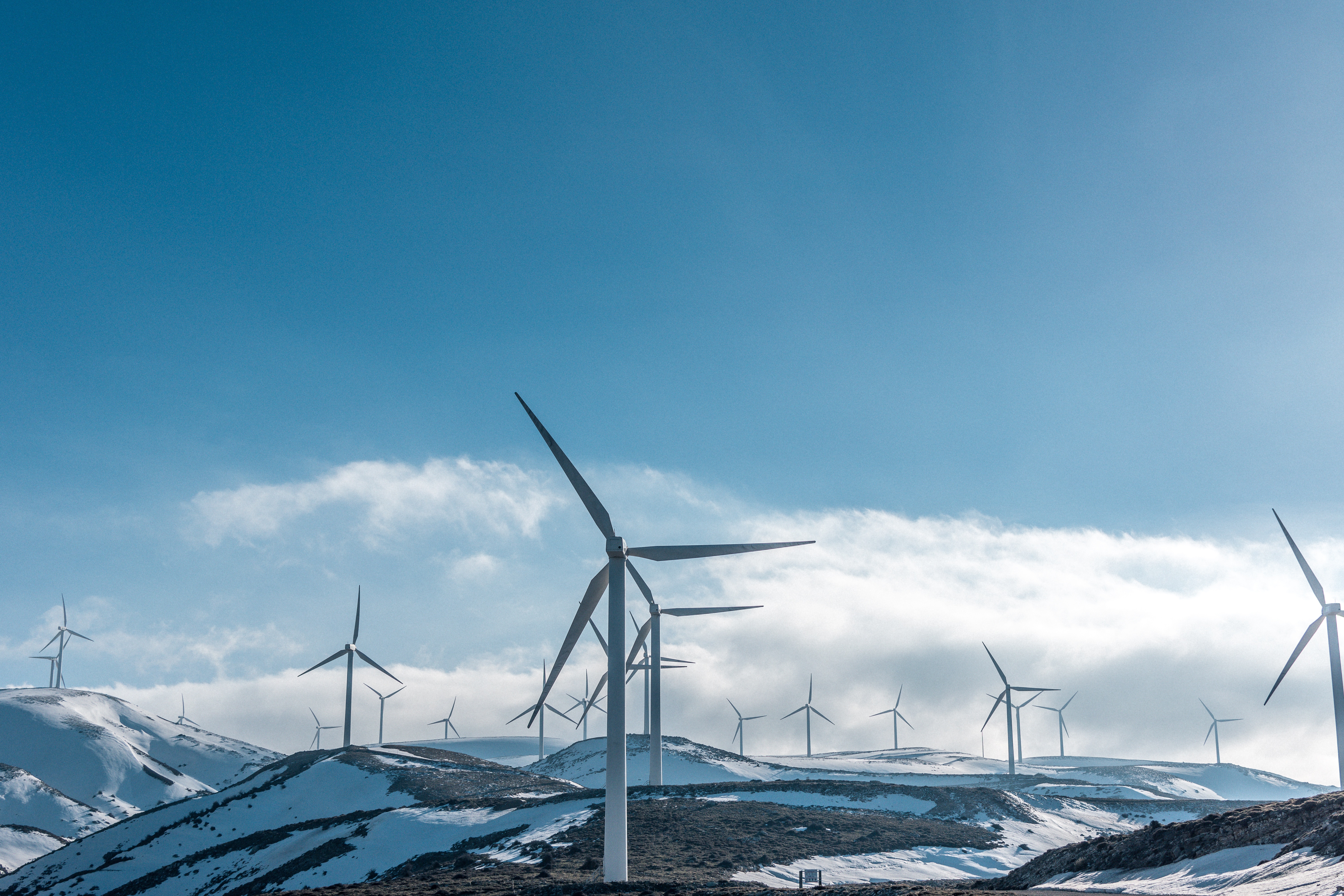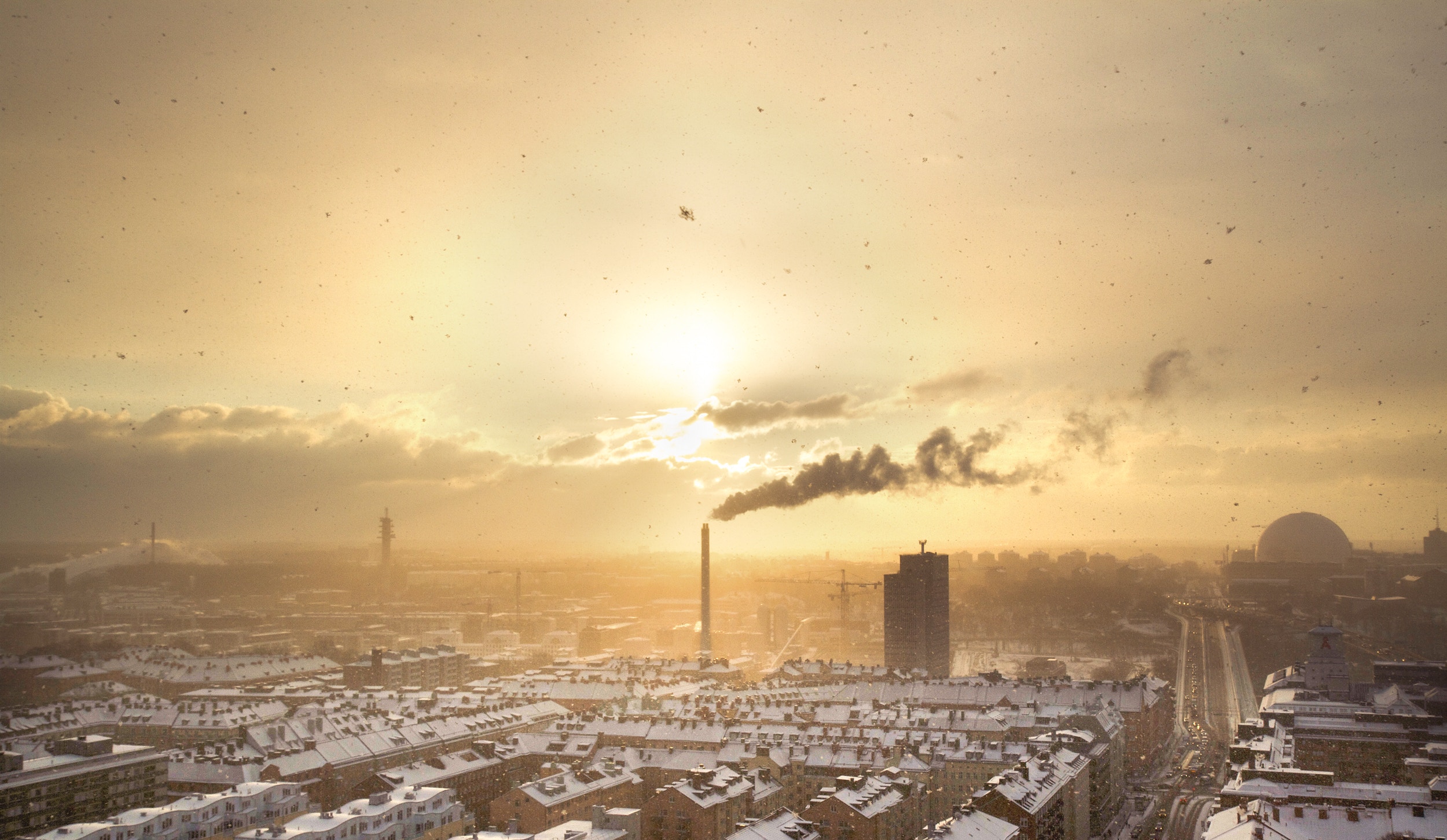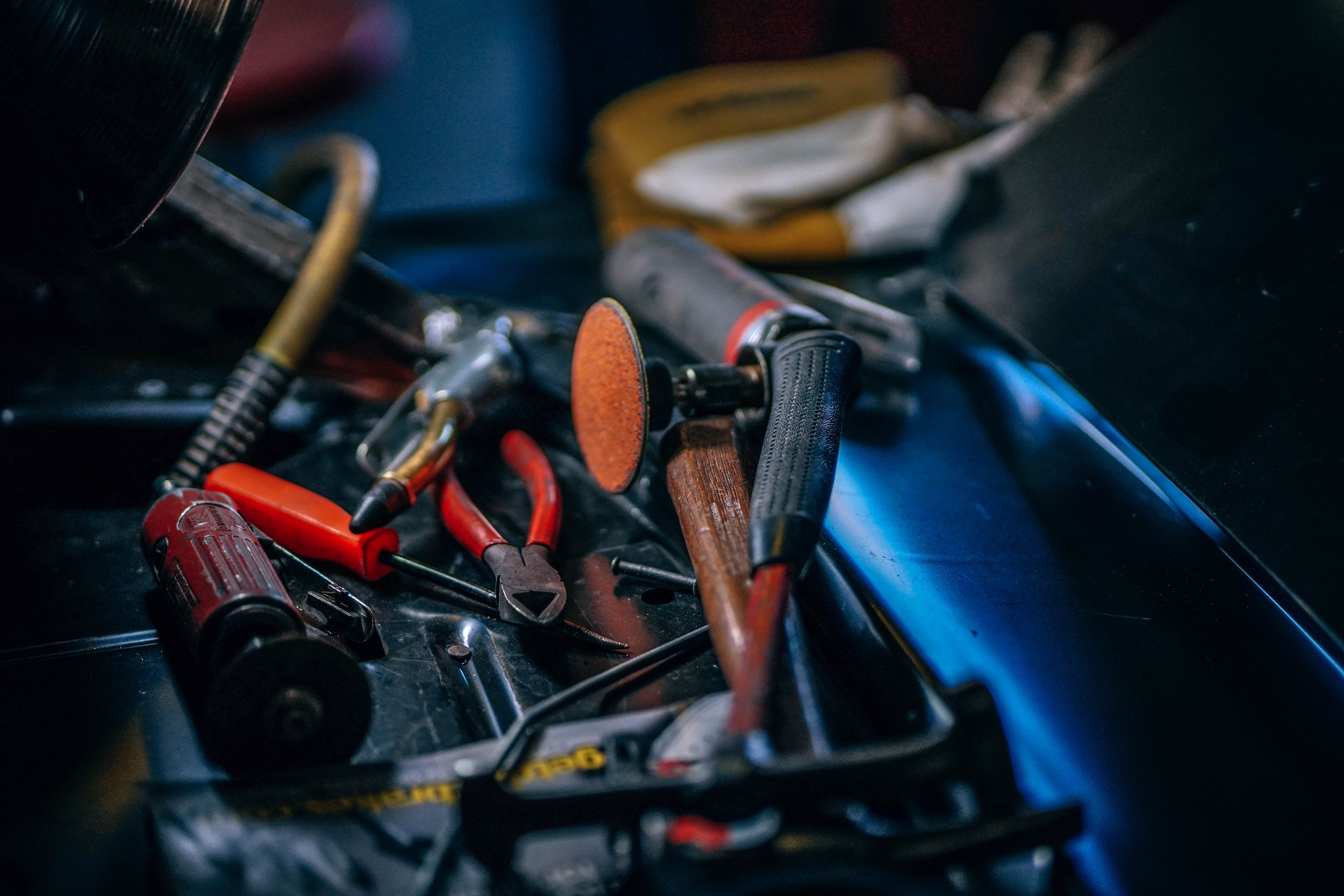
5 June 2018 is World Environment Day, and while this year’s theme is Beat Plastic Pollution, there are other, critical areas of activity where industries, businesses and organisations can make a difference to the world around us. One of these is industrial insulation.
Industrial insulation is wide-ranging, applied to different sectors in a variety of settings, and here, at Elmelin, we play a key role in supplying high temperature insulation solutions.
These involve mica and mica-based products, and microporous materials and a multi-faceted approach to their application.
Here we look at the general importance of insulation in helping to combat climate change, and how industrial application works in practice in certain key industries.
Insulation and Climate Change
One consensus scientists have reached is that climate, weather, and extreme environmental events will be very different in the future compared to how they have been in the past. While climate science cannot precisely forecast these future elements, nonetheless it does highlight the uncertainty around them, and the challenges that this uncertainty brings.
Research into climate change shows average temperature projections in many countries displaying an upwards trend during the 20th century. Therefore, projections for the 21st century are for this to continue.
Optimistically, these 21st century projections derive from climate change models which incorporate some degree of economic control and limitation place on greenhouse gas (GHG) emissions.

What role must industrial insulation play in all this?
Climate change provides both challenges and opportunities for industrial insulation. There are challenges around developing sufficient technological advances and responses; and opportunities for new applications and the development of better insulation systems.
Principles of Industrial Insulation
Insulation systems have been vital contributors to energy efficiency, and energy efficiency is the main means of reducing emissions.
In the USA, for example, fossil fuels are responsible for 80% of GHG emissions. Breaking this down by sector, buildings account for 41%, industry 31% and transportation 28%, according to US scientific research.
It is clear, therefore, that industrial insulation, across various sectors, can, and must, continue to make a valuable contribution to helping energy efficiency, reducing emissions and thereby combatting climate change.

As far back as 1972, the Royal Institute of British Architects (RIBA) provided useful guidance with the concept of long life, loose fit and low energy. While, obviously, their focus was on building design, these principles can also apply to wider issues of industrial insulation.
Long life contributes to sustainability through expanding the lifecycle of insulation materials; loose fit means having the capability to adapt to changes; and low energy means ensuring that the low operating energy of insulation materials provides both economic benefits and efficiency savings.
Extending Lining Lifecycles
In the foundry and steel industry, where maintaining consistently high temperatures is critical to effective production, mica laminates provide critical insulation.
Mica’s natural mineral properties mean it offers excellent slip pane characteristics during relining and, crucially, it helps extend the lifecycle of furnace linings by enabling free movement during expansion and contraction during smelting processes.
Mica helps improve furnace throughput, saving on energy emissions and overall efficiencies and aiding with thermal management for best environmental practices.
Contributing to Automotive Evolution
Today’s leading vehicle manufacturers are committed to developing technologies to improve people’s lives while reducing vehicle emissions. This involves elements such as aerodynamics, electrification and weight reduction.
However, behind these strategies there are certain practical measures that help establish a baseline from which to progress and develop. Some of these measures are to do with thermal management and heat transfer.
This is where we contribute to the automotive sector, providing mica-based insulation products and thermal management solutions to help improve vehicle efficiency in the pursuit of lower emissions.
Taking a fresh interpretation of RIBA’s original loose fit designation for insulation, Elmelin’s contribution to the automotive industry is all about the adaptability of its mica-based products and solutions. Enhanced performance is the constant challenge the automotive industry must meet, including reducing environmental impact, and mica high dielectric insulation properties make it ideally suited to vehicle manufacturing.

As vehicles have evolved, so they have developed increasingly sensitive components to help regulate their performance. These components require the right insulation to both protect them and ensure they are reliable. Again, mica is the key, with laminates and components contributing to vehicle safety and efficiency.
In Pursuit of Electronic Excellence
In power electronics, there is a continual pressure to deliver systems that improve on efficiency and reduce consumption. For example, the rapid development of faster, cheaper and more powerful computing has meant that the electronics going into its manufacture is more challenging due to thermal management issues.
To function reliably, and effectively, electronic devices must keep as cool as possible. Again, with industrial insulation solutions in this sector, adaptability is crucial, going back to RIBA’s loose fit principle.
The reliability of electronic devices is a complex function, and involves certain tools and materials to manage or dissipate the heat they generate. Ensuring thermal stability helps ensure reliability. With its high stability combined with superior resistivity, mica offers long-term durability in power electronics in the form of capacitors and resistors and components.
Furthermore, the demands for energy efficiency have led to greater refinement of consumer appliances. However, with this increased sophistication comes an even greater need for reliability and safety. Industrial insulation solutions therefore also apply in this manufacturing sector, with mica-based insulation solutions helping a range of appliances meet stringent environmental and safety standards.
These appliances include everyday household items such as toasters, microwaves and hairdryers. Efficient heating requires efficient insulation, combined with exceptional electrical resistance and rapid heat transfer properties.
Can You Contribute to a Healthy Planet?

World Environment Day emphasises that we all need a healthy planet, but that we are putting the Earth under great pressure through our depletion of its natural resources.
A healthy planet depends on the actions of everyone, including industries and services. By working with a diverse range of industries, and by contributing to processes and products to help make industrial insulation more efficient, we hope to make our own, lasting contribution. Can we help you to make yours?
Complete our enquiry form and we’ll get back to you as possible. Alternatively, call us on +44 20 8520 2248, or email sales@elmelin.com.
